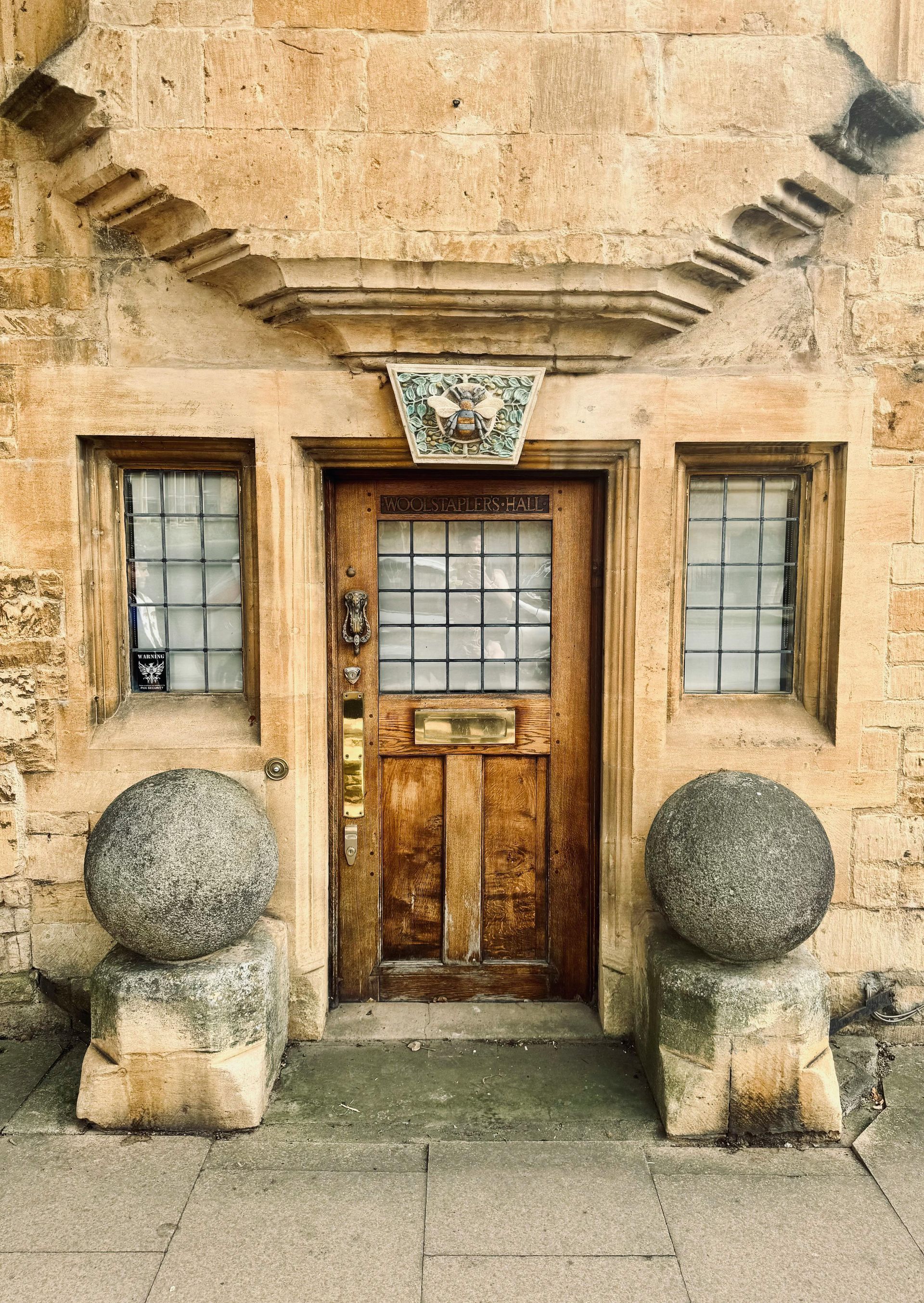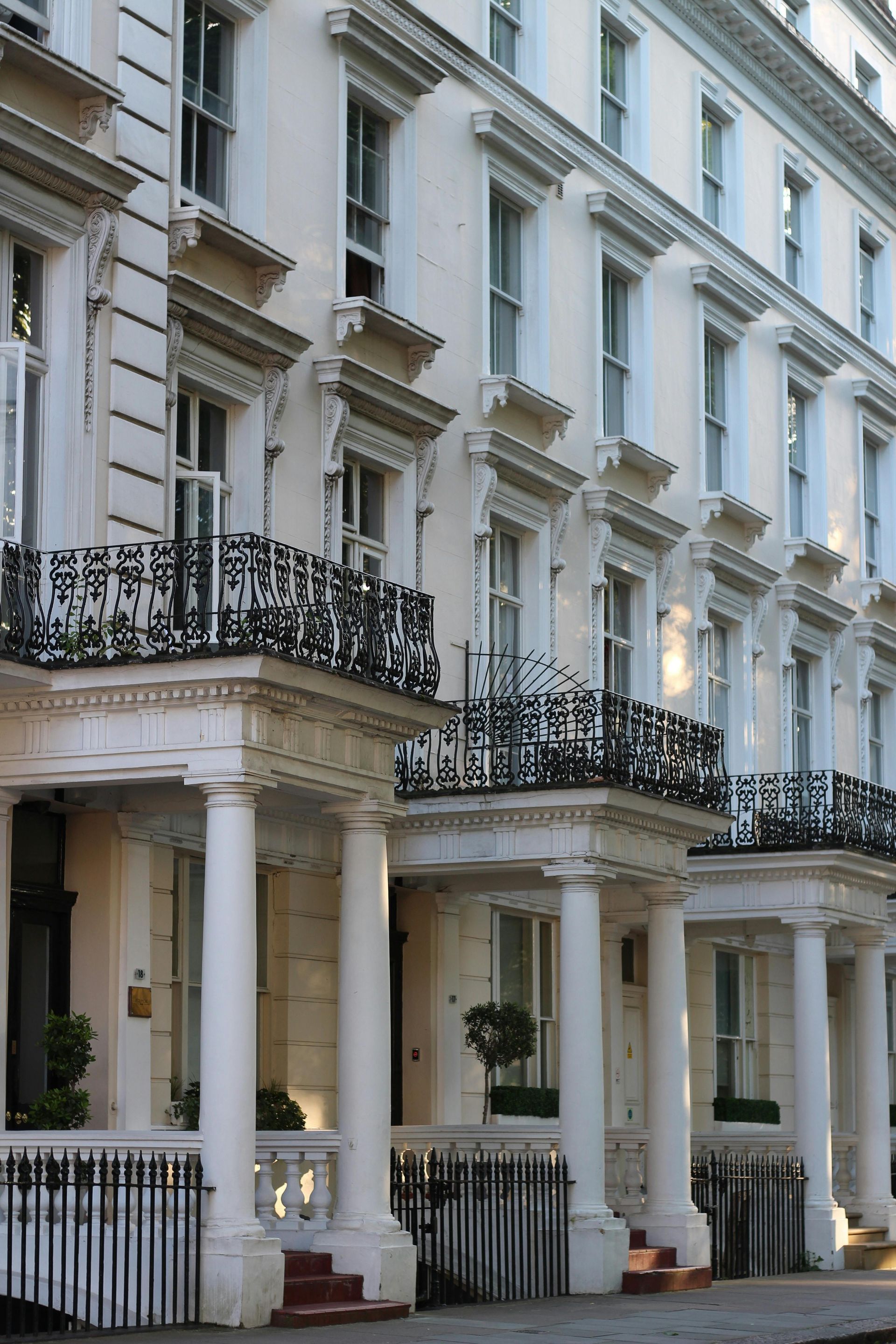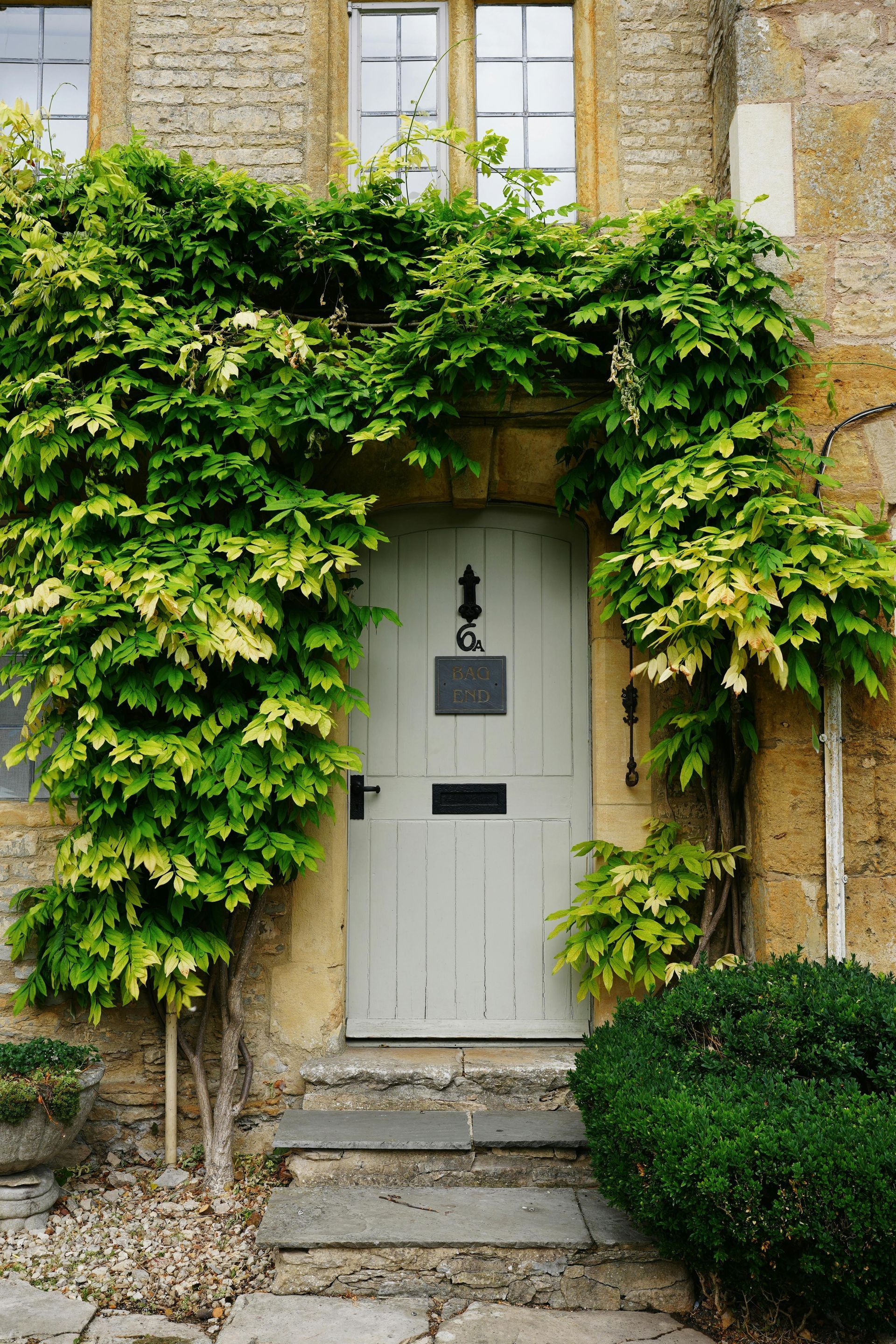For decades, Qatari investment in London property was characterised by direct ownership of prime residential homes and landmark assets. Knightsbridge mansions, Mayfair apartments, and Chelsea townhouses formed the backbone of family holdings. Yet in 2025, the picture is changing. Alongside these traditional acquisitions, Qatari buyers are increasingly participating in development finance and joint ventures, moving from passive investors to active partners shaping London’s future skyline.
This evolution reflects both generational change and strategic diversification. Younger members of Qatari families, educated in London and familiar with global private equity models, are more comfortable engaging with development risk. Family offices, seeking higher yields in a low interest-rate environment, are structuring deals with boutique developers and established firms alike. This blog explores how Qatari families approach development finance, why joint ventures are attractive, and what role property finance plays in enabling these opportunities.
From Passive Ownership to Active Partnership
The traditional model of Qatari ownership in London — holding prime residential property for long-term wealth preservation — remains dominant. However, it is increasingly complemented by development exposure. Family offices are recognising that partnering with developers provides opportunities for higher returns, diversification, and influence over projects that align with family values.
For example, a family that has long owned townhouses in Knightsbridge may choose to co-invest in a Belgravia refurbishment project. Rather than buying a finished asset, they provide development finance, share in profits, and help shape the design and delivery of the project. This evolution mirrors a wider shift in high-net-worth strategies, where capital is no longer simply preserved but actively deployed for growth.
Why Joint Ventures Appeal to Qatari Buyers
There are several reasons why joint ventures have become attractive to Qatari investors. The first is yield. While prime property continues to appreciate, yields on rented townhouses or apartments remain modest. Development projects, by contrast, can deliver returns of 15–20% depending on scale and execution.
Secondly, joint ventures provide influence. Qatari families often wish to ensure that projects reflect cultural values, architectural quality, and long-term prestige. By partnering rather than simply buying, they gain a say in how assets are designed and delivered.
Thirdly, joint ventures align with intergenerational strategy. A family office may structure a partnership that not only generates financial return but also creates legacy assets for future generations. This ties directly to themes we explored in our article on
intergenerational property finance, where long-term continuity is as important as immediate gain.
How Qatari Development Finance Works in Practice
Development finance for Qatari families typically takes one of three forms.
The first is direct co-investment. A family may inject equity into a project alongside a UK developer, often through a special purpose vehicle (SPV). Profits are shared according to ownership shares, with the family office overseeing execution through board representation.
The second is mezzanine or preferred equity. Here, the family provides capital on terms that secure them priority returns, reducing risk while still participating in upside.
The third involves structured lending. A family may act as a private lender, advancing finance secured against the project. This allows them to benefit from interest-like returns without being fully exposed to development risk.
These models are increasingly supported by private banks, which provide leverage and structuring. In our article on
joint venture property finance, we examined how investor partnerships are evolving. Qatari buyers are at the forefront of this shift, often bringing both capital and prestige to projects.
Case Example: Boutique Hotel Redevelopment in Kensington
In 2025, a Qatari family office partnered with a boutique London developer to convert a listed Kensington townhouse into a luxury hotel. The family contributed £15 million in equity, structured through an offshore vehicle, while the developer provided expertise and management. A private bank arranged an additional £25 million in senior debt, with the facility structured as Sharia-compliant Murabaha.
The family secured not only strong financial returns but also long-term involvement in an asset aligned with their prestige goals. The project reinforced their London presence and diversified beyond purely residential ownership.
This example illustrates the layered approach: equity, finance, and structuring all working together. It also highlights the willingness of Qatari families to engage in projects that blend commercial ambition with cultural legacy.
The Role of Sharia-Compliant Structures
For Qatari families, structuring development finance within Sharia-compliant frameworks is critical. Joint ventures often use Musharaka agreements, which allow profits and risks to be shared equitably. Private banks offering Sharia desks are increasingly adept at structuring development finance through compliant facilities, ensuring that participation aligns with Islamic principles.
We analysed similar dynamics in our article on
Sharia-compliant finance. For Qatari investors, the principle remains consistent whether acquiring a family home or financing a development: faith and finance must move together.
Challenges and Risks
While development finance offers higher returns, it is not without risk. Projects can be delayed by planning issues, construction overruns, or market shifts. Families must be prepared for longer investment horizons and potential volatility.
This is why structuring is so important. By combining equity participation with senior or mezzanine lending, families can balance risk and return. Offshore structures and trusts ensure that exposure is aligned with broader wealth planning. The complexity underscores the importance of working with advisers who can coordinate between developers, banks, and legal teams.
We highlighted similar challenges in our guide to
development finance in 2025, where lender appetite has shifted and investor strategies have adapted. For Qatari buyers, the key is to engage with projects selectively, focusing on quality, location, and trusted partners.
How Willow Private Finance Helps
At Willow Private Finance, we support Qatari families and family offices in structuring development finance and joint venture participation. Our role includes:
- Identifying private banks and specialist lenders willing to finance complex SPVs.
- Coordinating Sharia-compliant facilities, including Musharaka and Murabaha agreements.
- Aligning finance with offshore and trust structures to ensure long-term planning.
- Providing discretion and efficiency in high-value transactions.
Our experience ensures that families not only access capital but also integrate development projects seamlessly into their broader wealth strategies.
Conclusion
Qatari buyers are no longer only custodians of London’s prime residential stock. In 2025, they are becoming active participants in the city’s development, partnering with UK developers to deliver luxury residential, hotel, and mixed-use projects. This evolution reflects generational change, diversification, and a desire for both return and legacy.
By leveraging family offices, offshore structures, and Sharia-compliant finance, Qatari families are shaping London’s property market in new ways. For them, joint ventures are not speculative risks but carefully structured strategies — strategies that balance faith, finance, and family legacy.
Frequently Asked Questions
Why are Qatari investors interested in development finance and joint ventures in London?
Because JV/development structures allow capital to be deployed with local partners, sharing risk and reward, and gaining exposure to capital growth in prime London projects.
How does a joint venture differ from traditional lending in development finance?
In a JV, the investor takes an equity or profit-share stake rather than a straight debt position — returns are tied to project success rather than fixed interest.
What are the benefits for Qatari partners in a development JV?
They gain project oversight, control rights, alignment with strategic goals, and upside participation beyond just finance returns.
What challenges do foreign investors face in London development JVs?
Key issues include governance alignment, exit timing disagreements, planning risk, currency and regulation risk, and local market knowledge.
How should structuring be handled in cross-jurisdiction JVs?
Structures often use SPVs, international joint venture agreements, clear waterfall and exit mechanics, tax-efficient offshore vehicles, and robust governance frameworks.
📞 Want Help Structuring Development Finance or Joint Ventures?
Willow Private Finance specialises in securing finance for Qatari families, coordinating with private banks and developers to deliver bespoke, Sharia-compliant solutions.











